rectilineaire-foyer-multiple-francais
These sets, which were sold as “trousses”, meaning a case for organizing objects, made use of the Rapid Rectilinear concept and offered many focal lengths by combining different lenses.
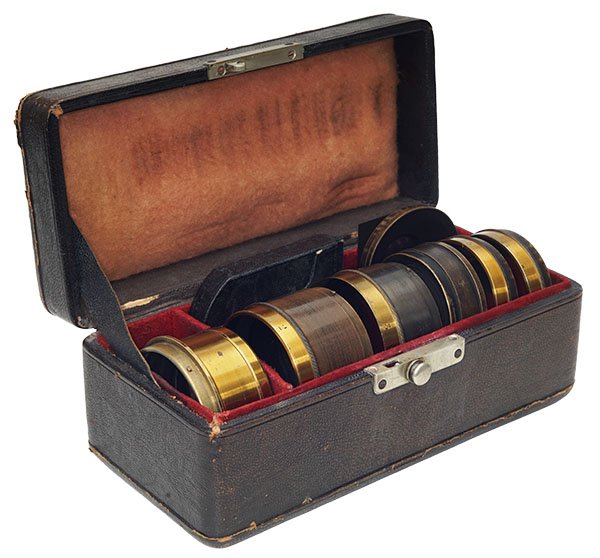
These sets, which were sold as “trousses”, meaning a case for organizing objects, made use of the Rapid Rectilinear concept and offered many focal lengths by combining different lenses.
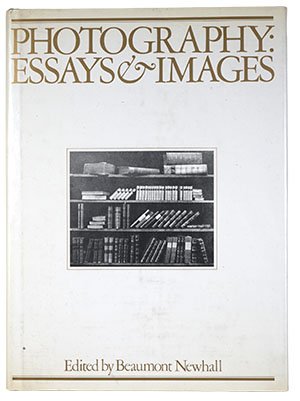
A book with a collection of founding texts from the history of photography. It seems that everything that was important is inside.
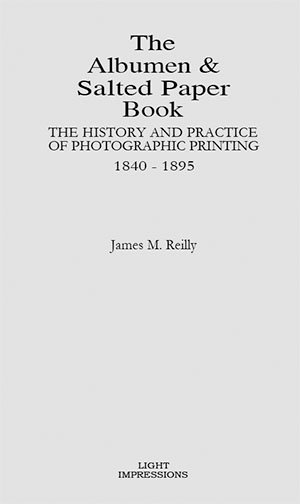
This is a book that covers both the historical and practical aspects for anyone who wants to try printing using one of these two processes, albumen or salted paper. It is very detailed and well written.
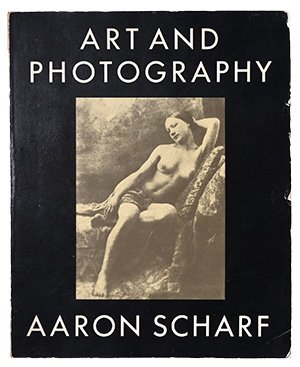
How photography and painting divided the universe of images is the subject of this book. It’s common to find references to inflammatory positions that saw photography as a great threat to the arts. But this book shows us another side: how many renowned artists, with greater or lesser awareness, have used photography, or a photographic gaze, in their productions.
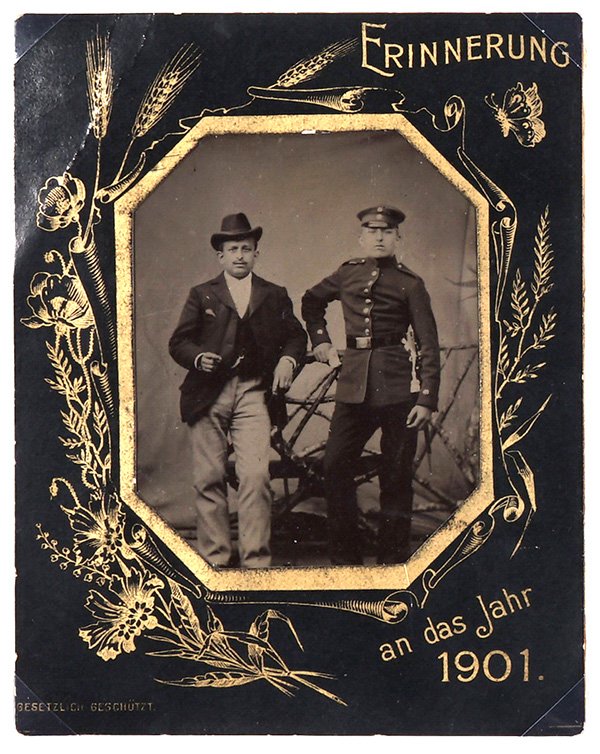
A process based on collodion but using a tin can painted black as a base. It was by far the cheapest photographic process and was practiced by street photographers for many decades.
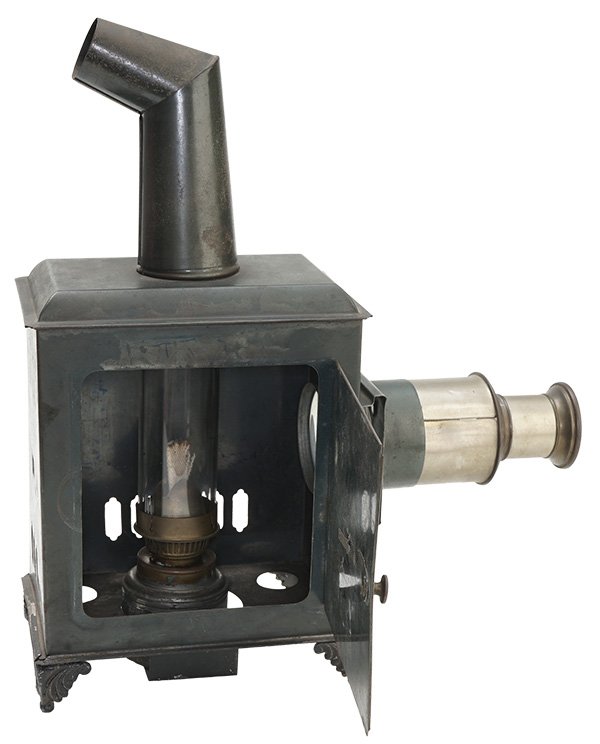
Magic lanterns have existed since 1659, but the invention of photography opened up new possibilities for the projected image that would later bring cinema.
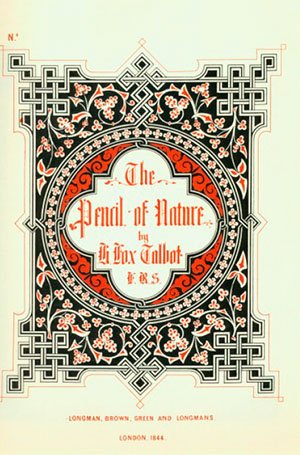
A milestone in the history of photography, this book published in 1844 shows 24 calotypes accompanied by comments from their inventor Fox Talbot.
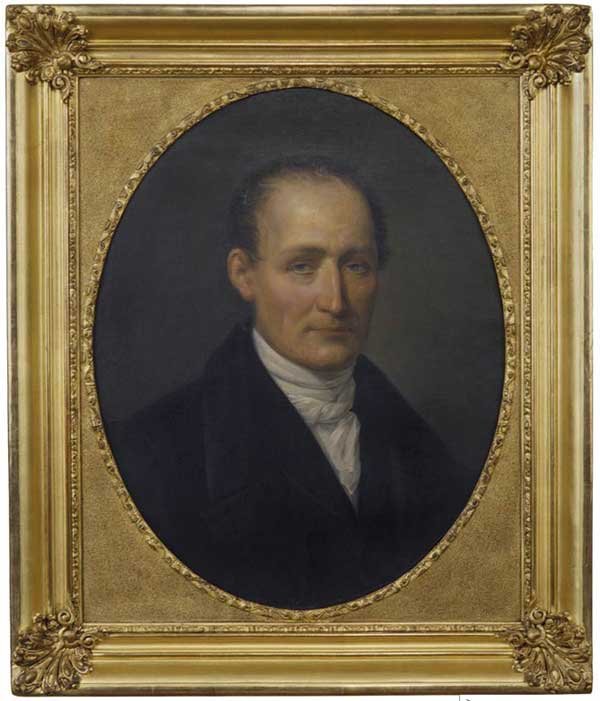
The author of what is considered the first photograph in history, Point de vue du Gras. He used a method he called Heliography, but, curiously, no second photograph was ever taken using the same method.
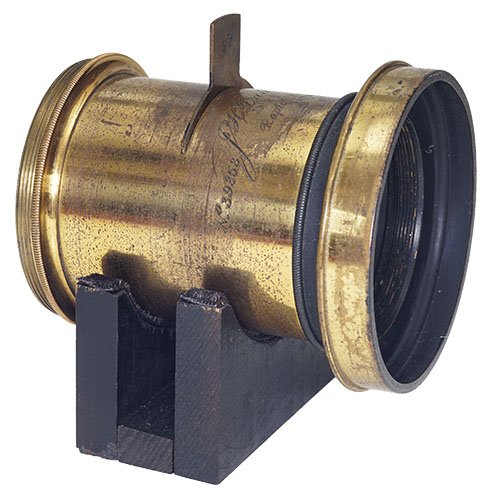
Revolution in photographic optics. The first general-purpose lens to break the polarization between portrait and landscape. A reasonable aperture at f/8 and an equally reasonable angle of view of around 60º.

The photographic process responsible for the dizzying expansion of photography from the 1850s onwards.
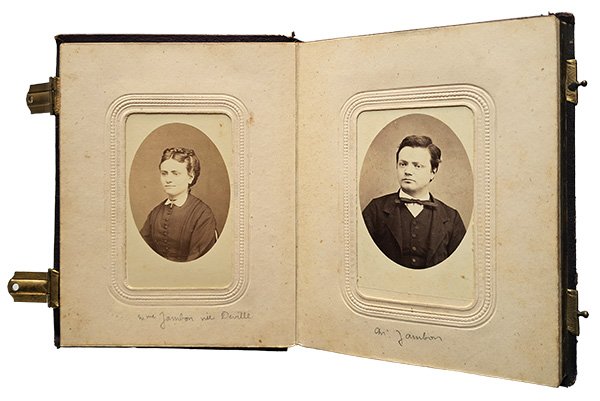
The printing process using albumen as a base for the silver salts was fundamental and practically defined what photography would physically be
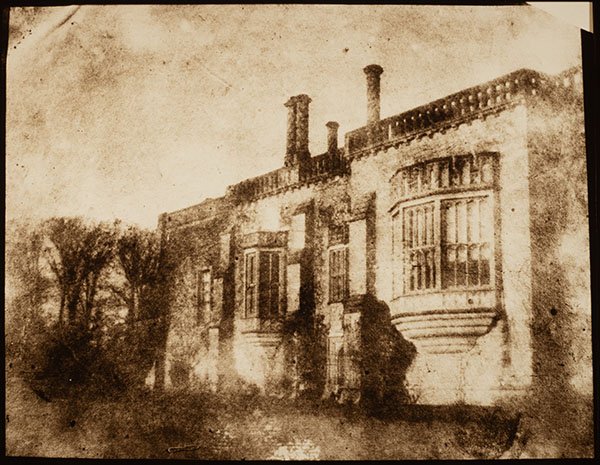
The calotype process of 1841 also includes salted paper. But as Talbot already knew how to print the positive using the salted paper process before then, and as this process was also widely used with negatives from other processes, here is a separate description.